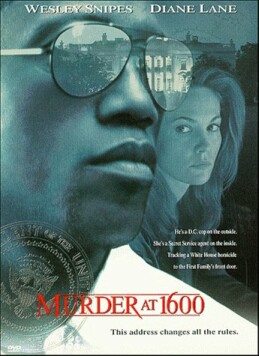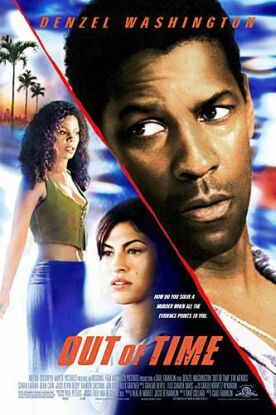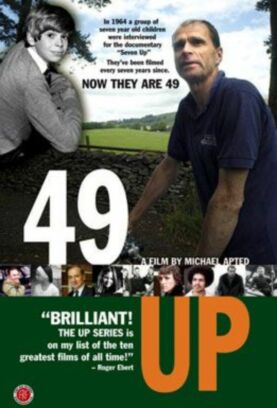My Man (Mon Homme)
If I should happen to mention that the music in Mon Homme by Bertrand
Blier consists entirely of selections by Barry White and Henryk Gorecki, you may
get some idea of what a mess the picture is. At one level, it is, as are many of
Blier’s earlier films, a masculine
fantasy. The heroine is a prostitute, Marie (Anouk Grinberg), who loves her job.
She can’t get enough of the sexual
act. In the opening scene she converts a passing mère de famille,
unsatisfied with her own life, to prostitution by telling her:
“I have a happy mind and a happy ass
and a healthy bank balance.” What,
says the doubtful housewife, if the men are ugly?
“A
man’s never ugly, if you look at him
right,” says Marie. And she lives up
to this admirable conviction by preferring to entertain old men who can barely
get up the stairs to her apartment, let alone anything else. She often
doesn’t even charge them.
“What I sell is love, real
love,” she insists.
“I was born with a talent to make sap
flow. Even in autumn, leaves grow.”
With her,
“It’s
always spring.”
But this unreality is further lightened by a peculiarly cinematic sort of
whimsy. One night Marie finds a tramp called Jeannot (Gérard Lanvin)
sleeping in the garbage at the bottom of her staircase. She tries to make him
move, as the place is haunted by rats. He asks her for spare change. She
persuades him to come to her apartment to have a blanquette de veau and a
glass of wine. He happily does so. As he is on his way back to the streets for
the night, she calls him back and invites him to sleep on her floor, near the
radiator, so at least he will be warm. He agrees. But a woman accustomed to such
challenges as we have seen her take up cannot resist tempting him further.
“They say screwing me drives men wild.
Don’t you want to suffer a
bit?” she asks. He agrees, but turns
out to have a skill of his own which drives her wild. Between the two of
them they experience such transports of passion that they forget their
names.
In the morning she is in love. She runs out for croissants to keep Jeannot in
her bed. She prays to God a thank you
“for this break, that may not be
one.” She offers him the chance to be
her pimp. She will give him all her money.
“What if you want
some?” he asks.
“Then
I’ll ask
you,” she says, bright eyed.
“And what if I say
no?” he asks.
“Ah, then
you’ll be a true
pimp,” she replies.
Sure enough, Jeannot becomes a true pimp, to the point of slapping Marie
around and trying to recruit another girl to work for him—a demure,
red-headed manicurist called Sarah (Valéria Bruni Tedeschi) whom he
calls Sanguine, or blood-orange. Sarah, however, cannot bring herself to go
through with it, even for Jeannot, Marie is devastated by what she sees as his
treachery and Jeannot himself is sent to prison.
“Why does great happiness have to
end?” asks Marie.
“Whom does it
bother?” But, determined as ever to
remain mistress of her own happiness, she sets up a ménage á
trois with Sanguine and another of
life’s losers, Jean-François
Oriole (Olivier Martinez). In the end Jeannot, beaten down more by another
encounter with a demanding woman than by prison, comes to apologize to her.
“Forgive me,
Marie,” he says.
“Forgive me,
women.” We are left unsure if she
takes him back or not.
I detect in all this an attempt at a sort of allegory of the relations
between the sexes but can make no more sense of it than that. The problem,
perhaps, is that the story is so whimsical as to be off-putting, though it has
several memorable moments. Yet both of the principal actresses are so beautiful
that the film is worth watching just to look at them.
It’s not that they are prostitutes or
co-wives and mothers that astonishes, but that they should settle for being
anything less than goddesses. Maybe
that’s the point of it too.
Discover more from James Bowman
Subscribe to get the latest posts to your email.







